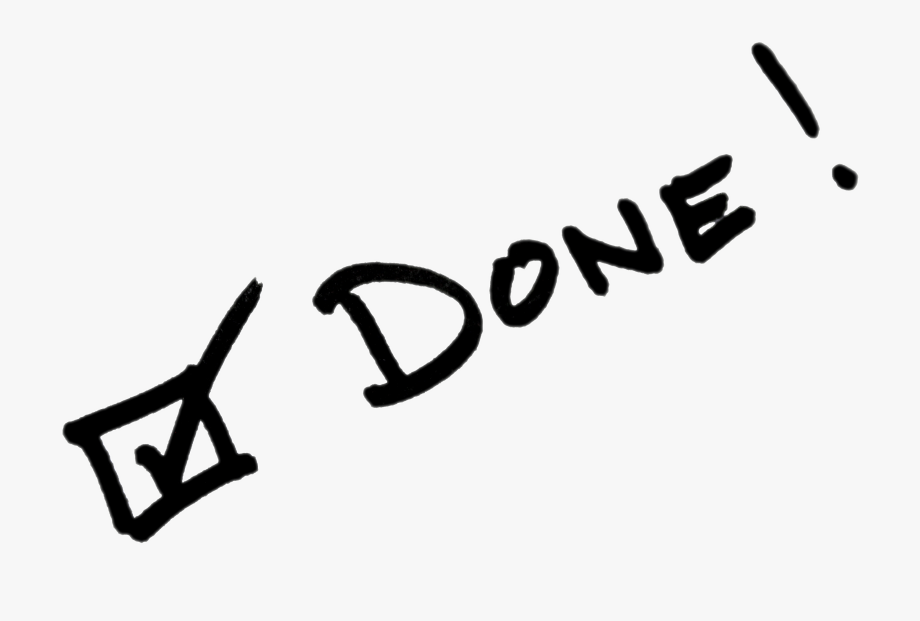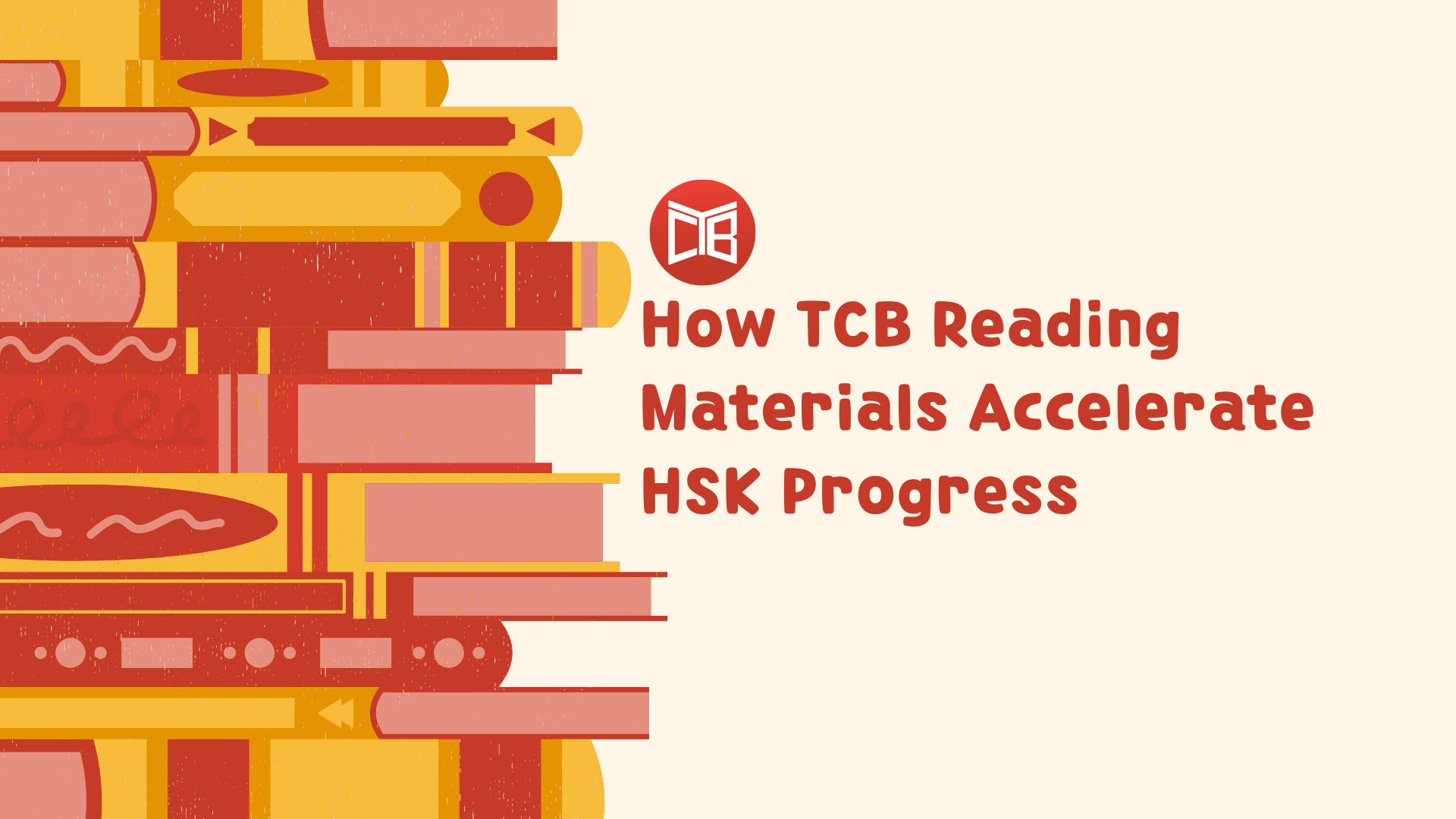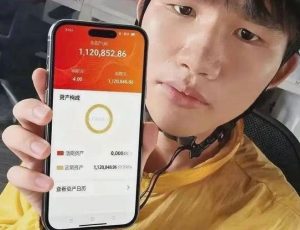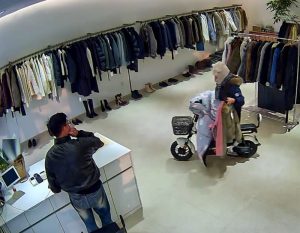
Action Completion is one of the purposes of Le in Chinese Grammar.
In a previous post, we introduced you to one way that Le is used in Chinese grammar. Today we’re going to show you one of its other uses. How Le can express that an action has been finished. Chinese doesn’t have verb conjugations, nor does it have tenses. For example, teach would the present but taught would be the past. In Chinese, the verb for “teach” does not change. Therefore, Le is essential.
Action Completion in Basic Sentences : Subject + [verb] + 了
The [verb] + Le structure is the most basic way for indicating completing actions. This sentence structure is super easy to use and understand. In this instance, all you have to remember is that Le comes at the end of the sentence. Here are some example sentences:
我 买 了 – Wǒ mǎi le – I bought.
我吃了 – Wǒ chīle – I ate.
However, if there is more information to come after your initial statement, then Le is always after the verb. For example:
我到了 你在哪里? – Wǒ dàole nǐ zài nǎlǐ? – I have arrived, where are you?
Action Completion with a Specified Time: Subject + [Time] + [Verb] + 了 + Obj.
This is another important sentence pattern. It is used to express completing an action within a specified amount of time. If the phrase contains an object, then Le must come after the verb. In this sentence structure, “time” can be phrases like today, tomorrow yesterday, last week etc. This is also a clearer way of expressing tenses in Chinese. For example:
我 今天 吃 了 早饭 – Wǒ jīntiān chī le zǎofàn – This morning I ate breakfast.
It’s also not uncommon to see the subject come after the time. So don’t be thrown off if you see this sentence pattern written differently. For example:
中午 我 看 了 医生 – Zhōngwǔ wǒ kànle yīshēng – At noon I saw the doctor.
去年她去了巴黎 – Qùnián tā qùle bālí – Last year she went to Paris.
Completing Consecutive Actions: Subject + [Time] +来 / 去 + Place + [Verb / Phrase] + 了
There’s also a sentence structure for when you want to express consecutive actions! This isn’t just for expressing multiple things that happened at one time. Rather, it is for things that occurred one after the other in a contained setting. For example:
我昨天去医院看医生了 – Wǒ zuótiān qù yīyuàn kàn yīshēngle – Yesterday I went to the hospital and I saw the doctor.
来 / 去 aren’t always used in this sentence pattern, nor is there always a time word. However, this is the most common!
If you have any questions about Chinese language and culture make sure to find us on Quora. Remember, another way to keep your Chinese current is by making sure the content you consume is current! So be sure to read all the latest Chinese news articles on The Chairman’s Bao.






















